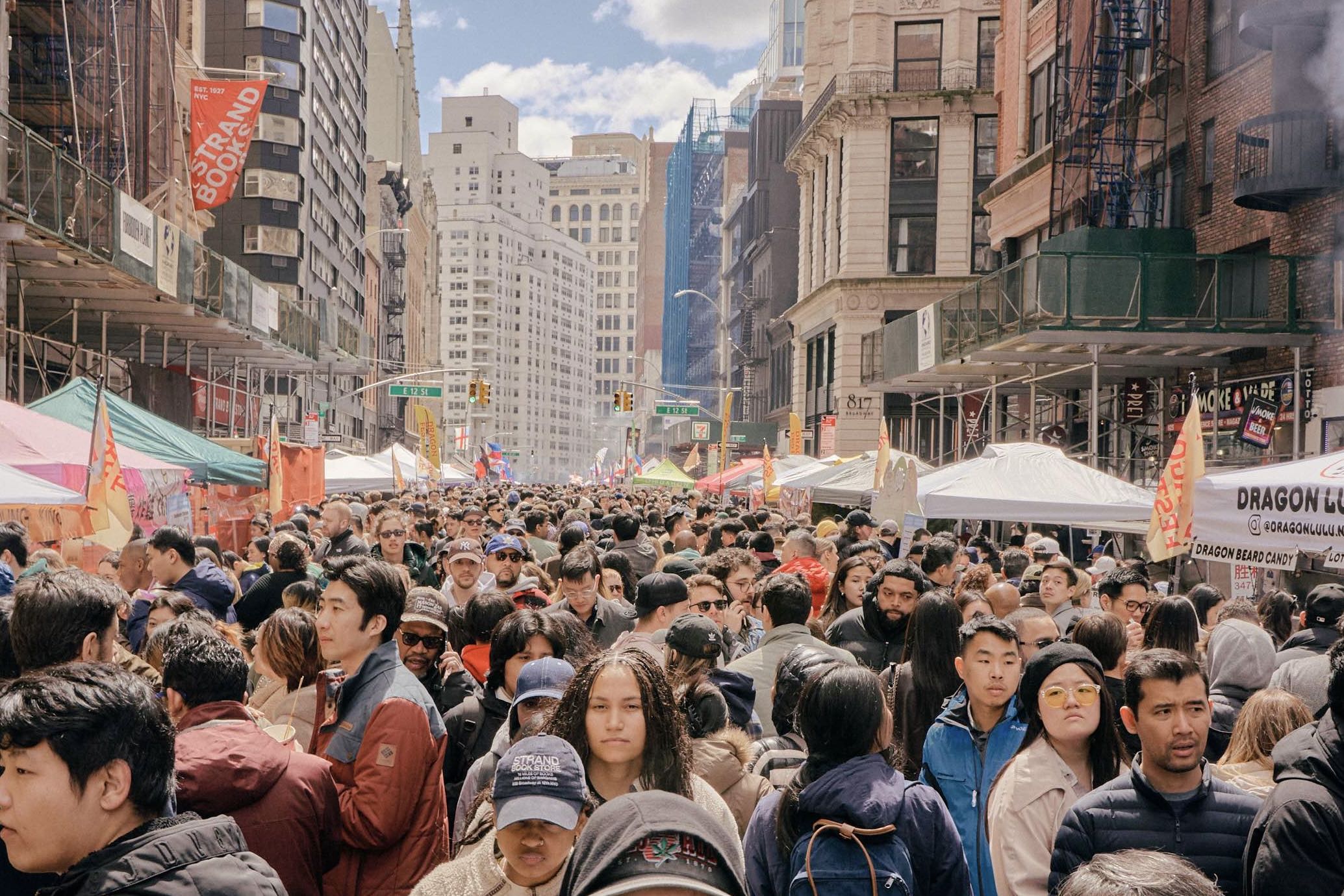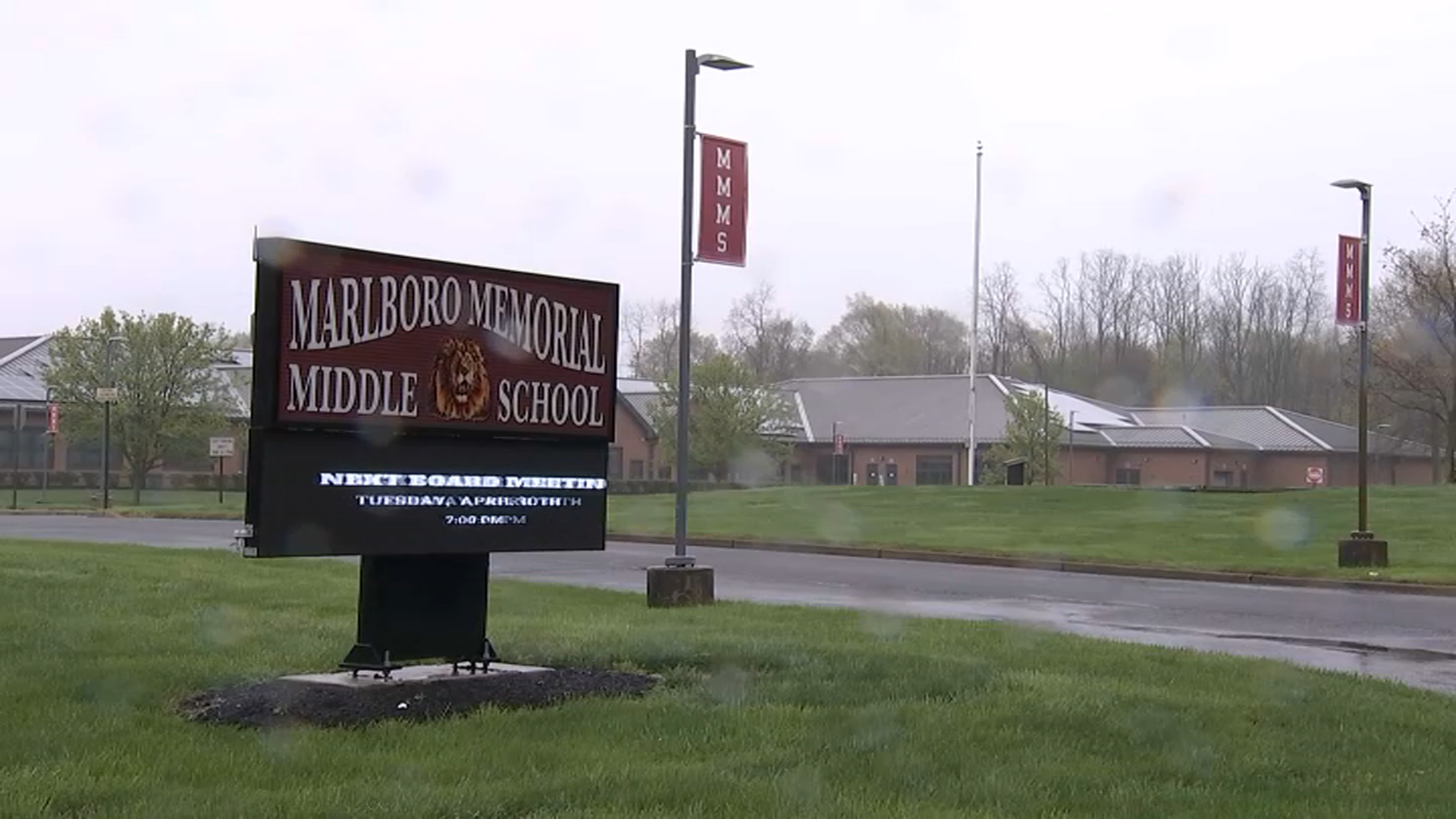One day before the New York City Taxi and Limousine Commission proposed new limits on driver hours, the I-Team used a hidden camera to see how long Uber and Lyft drivers really spend behind the wheel.
The drivers did not know they were being recorded and their candid responses suggest sleep often takes a back seat to profit.
"Some people, they don’t sleep. They sleep in the car," said one Uber driver who had no idea he was being recorded.
Another driver said he worked all seven days last week. He struggled to recall just how many hours that added up to.
"Seventy. Seventy-one? Seventy-five hours," he estimated.
With fierce competition and downward pressure on fares, some ride-share drivers said they simply have to work longer to make the same pay.
But recent accidents are putting the risks of long driving hours into more serious focus. Last November, for example, 88-year-old Luisa Rosario was hit and killed by a yellow cab driver on a 16-hour shift, according to police.
Local
The I-Team reached out to Uber and Lyft, two of the biggest ride-share companies in New York, to ask how they limit fatigued and drowsy driving.
Uber did not respond by the deadline for this article, but in the past the company has pledged to warn and even suspend some drivers who repeatedly drive for more than 12 hours in a 24-hour period.
Despite the pledge, one driver said it was easy to game the Uber's system.
"If you work 15 to 20 hours, they don’t care," he said on hidden camera. "They’ll let you keep driving, they don’t care.”
Chelsea Wilson, a Lyft spokeswoman, said safety is the company's top priority.
"We currently do have time limits on the platform - for every 14 hours a driver is in driver mode, whether they are consecutive or not, a driver will need to take a 6-hour break," Wilson wrote in an email to the I-Team.
In late June, the TLC will formally consider a proposal to limit all drivers -- black car, yellow cab, green cab, and ride-share -- to 12 hours of driving in a 24-hour period and 72 hours of driving in a week. There would be a $75 fine for first-time offenders and 15-day suspensions for repeat offenders.
The number of black cars on city streets has increased, partly because of the huge popularity of Uber and Lyft, and the number of accidents has increased along with it. Between the summer of 2014 and last year, crashes involving TLC-licensed vehicles were up nearly 25 percent, from 2,800 to 3,200.
But former TLC commissioner David Yassky cautioned that most TLC drivers are safe and skilled, and that the statistics should be kept in perspective.
“The number of collisions that a taxi or for-hire car gets into in a year is much less than a private vehicle, per mile driven," said Yassky, who supports the TLC proposal that aims to combat drowsy driving.



